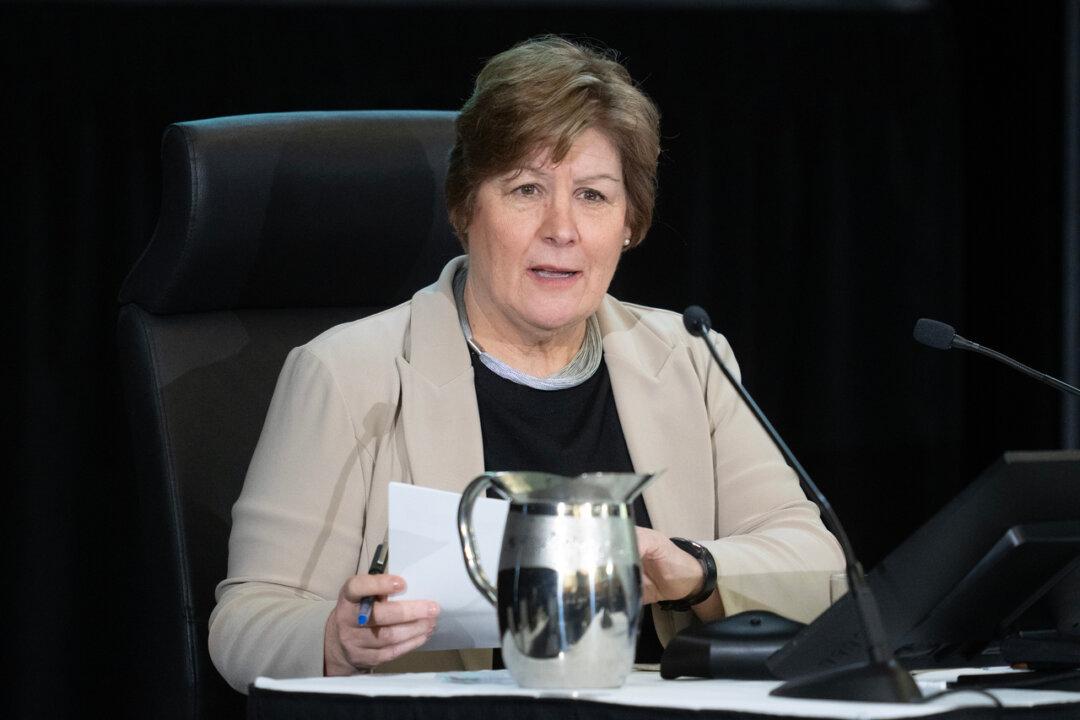Major opposition parties and former Conservative leader Erin O'Toole will be given the powers to cross-examine witnesses in the next phase of the public inquiry into foreign interference in Canada’s federal elections.
The Conservatives, NDP, Bloc Québécois, and Mr. O'Toole will receive these rights during the next phase of the public hearings, slated to run from March 27 to April 10, according to the commission’s spokesperson Michael Tansey. The four were previously given “intervener” status, which denied them the right to question witnesses.





